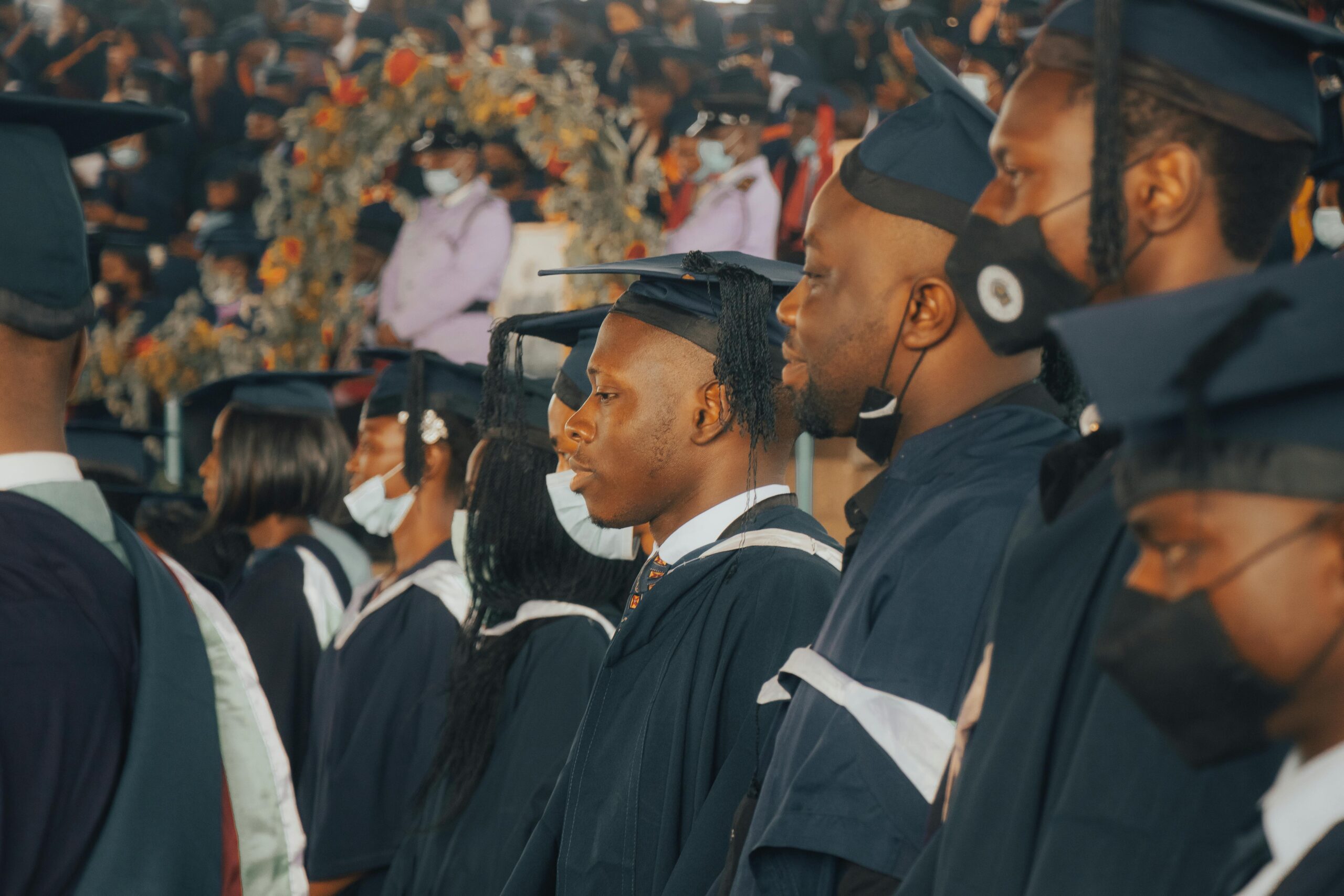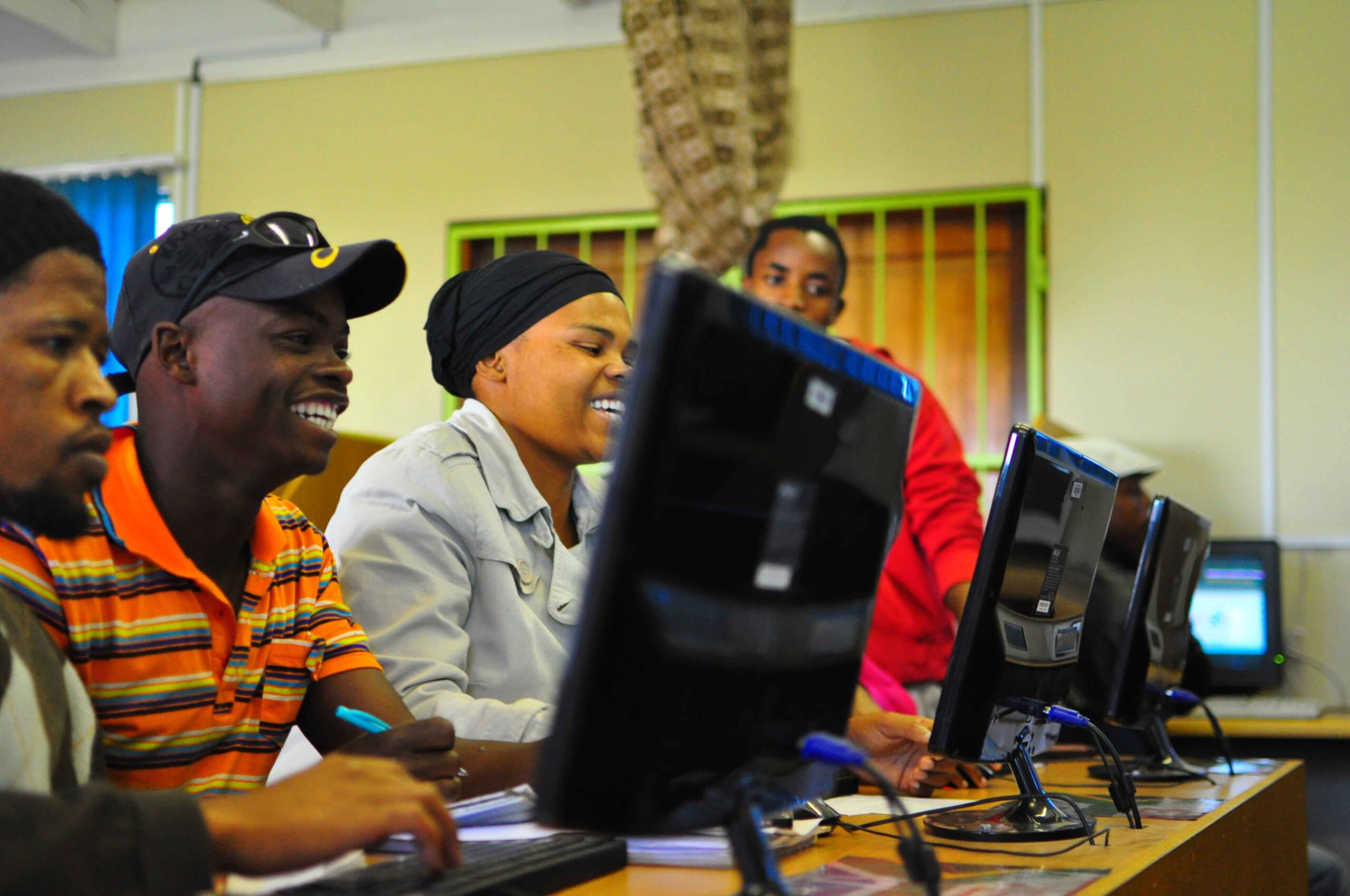Today we celebrate International Literacy Day, which coincides with National Book Week, which is an initiative of the South African Book Development Council (SABDC) in collaboration with the South African Department of Arts and Culture.
We started this week with some book recommendations from the HSRC Press team, and here we share a few more titles to dig into:
Biko Philosophy, Identity and Liberation, by Mabogo Percy More
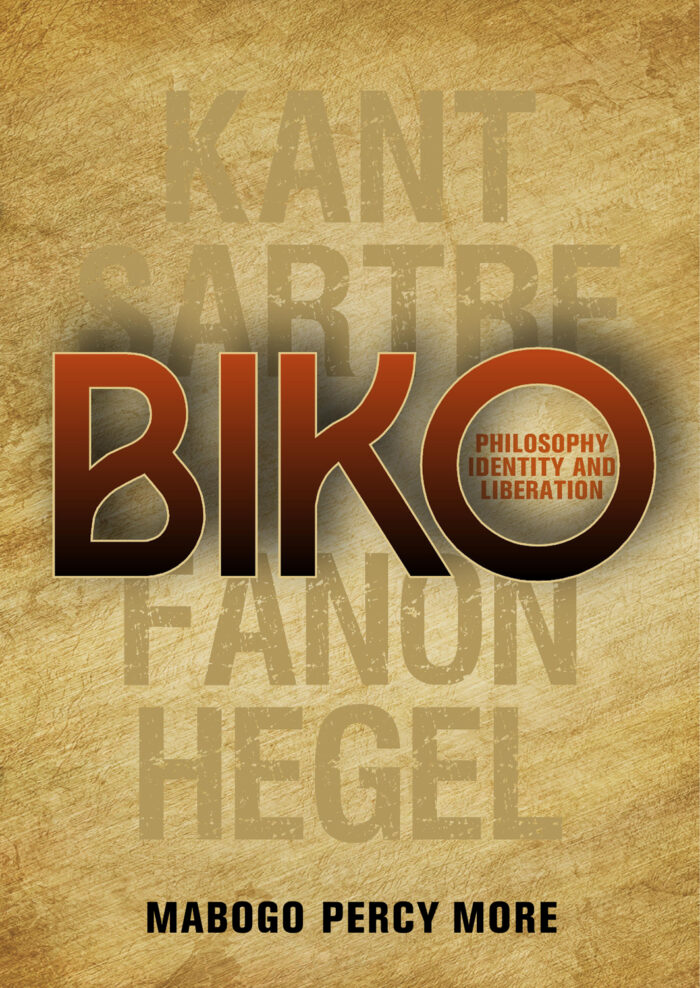
Biko was not only considered a ‘brilliant political theorist’, but is also considered ‘a formidable and articulate philosopher’. Biko was not simply and merely a philosopher in the manner in which Immanuel Kant was a philosopher, but a philosopher of a special kind, an important Africana existential philosopher. From Biko’s writings, speeches and interviews, Mabogo More’s view is that, philosophy is not a disembodied system of ideas nor is it a mechanical reflection about the world; rather, it is a way of existing and acting.
To be a philosopher, especially an Africana existential philosopher, is not just to hold certain views, it is a way of perceiving and a way of being in the world, what Biko himself describes as ‘a way of life’. This important perspective on Biko would be of value to many Africana philosophers of existence, African philosophers, political and social thinkers, social scientists, psychologists, cultural critics, political activists, students, critical race theorists and anyone interested in the ideas that Biko presents.
Available here.
Postcolonial African Anthropologies, edited by Rosabelle Boswell and Francis Nyamnjoh
Postcolonial African Anthropologies showcases some postcolonial ethnographies and aims to figure out how and why anthropology has engaged with conversations on decolonisation and postcolonialism.
The postcolonial ethnographies in this book show that Africans may not necessarily interpret and communicate their experiences in the ways that anthropologists trained in Western institutions and disciplines do, but they are multi-vocal and are ever present to speak with authority on their experience.
This book then, deepens and diversifies conversations on Africa and in particular, a ‘postcolonial’ Africa to understand the position of anthropologists, the position of Africans and the positioning of the discipline of anthropology in Africa.
Available here.

Africa A-Z Continental and Country Profiles – 4th Edition, 2019, updated by Elize van As
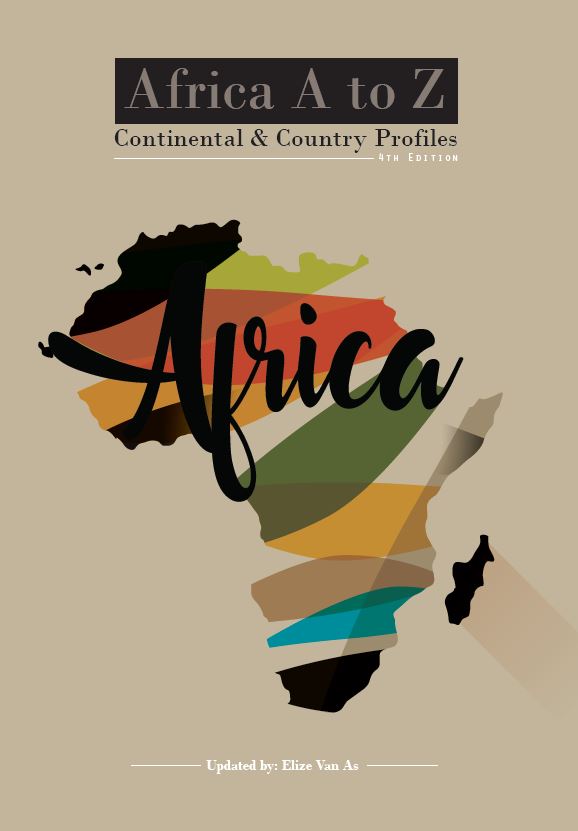
The popularity of the first edition of this book necessitated a second revised and updated version to record the many challenges in Africa since the first edition appeared in 1998. Africa is a vast and fascinating continent whose population is fast approaching the one billion mark. Africa A-Z attempts to provide, in a concise manner, the facts for an elementary understanding of the continent and its complex problems.
The book falls into two main sections: the five chapters on the first main section focus on the continent as a whole, dealing with its physical and human diversity, its eventful history and Africans’ struggle for economic survival.
The second main section contains profiles of 57 independent countries, ranging from Algeria to Zimbabwe. Presentation of the profiles is uniform, in that the same themes are covered in each profile. The data panels with the profiles contain data not provided in the text. The maps, appearing throughout the text were produced by AISA’s cartography department.
Indigenous Systems and Africa’s Development, by Vusi Gumede, Mammo Muchie and Ajebush Shafi
The role of indigenous knowledges in development has not been examined enough. Indigenous knowledge systems tend to mean different things to different people, so does culture. Culture is undoubtedly critical for development but often underplayed or misunderstood. Development in Africa remains elusive. Those who are supposed to benefit from interventions aimed at improving wellbeing are often not involved in decision making regarding those interventions. Indigenous knowledges, cultures and indigenous languages are usually ignored when conceiving policies aimed at advancing development.
This book – a collection of chapters on these issues – demonstrates the importance of indigenous knowledge systems in development. Indigenous knowledges play a role in development practice because of their capacity to generate transferable local skills and set energies in motion to reduce the prevailing inequalities on the continent. In an effort to resolve the enduring puzzle of development in Africa, the role of indigenous knowledges is thus affirmed as important. The book advocates for a paradigm shift in development thinking and practice that reinforces the use of indigenous knowledges as a first line of action in the process of development in Africa.
The book uses Africa as the centre of a thoughtful and wide-ranging discussion of the literature on the state of development and indigenous knowledge systems.
Available here.
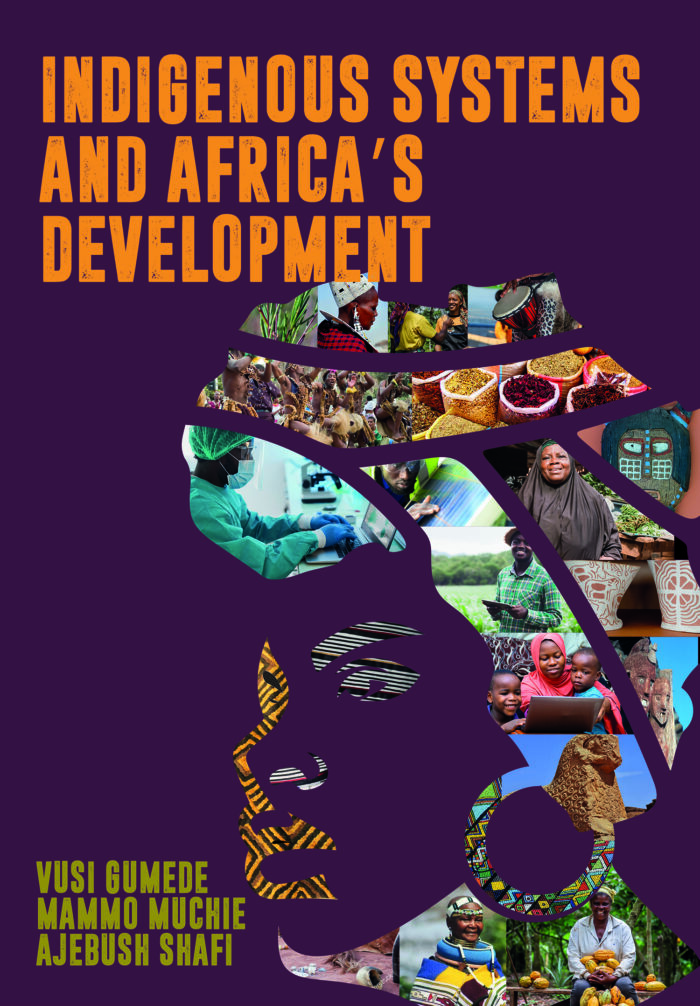
HSRC Illustrated English-isiXhosa Maths Dictionary Grade R to 9
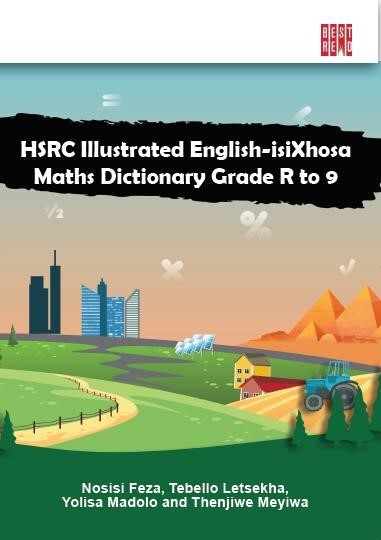
Helping learners understand and retain mathematics lessons is a challenge faced by teachers, parents and the government. One reason is that most learners learn mathematics in English, which is not their home language, and so they must spend time translating each concept taught by the teacher into isiXhosa. Also, parents find it difficult to explain English mathematical concepts, especially if they have never studied mathematics themselves.
The Maths Dictionary is a response to this problem. It is accessible to parents helping their children in their studies, and learners. Each term is not only defined in both English and isiXhosa, but also accompanied by a picture that reflects the life of isiXhosa-speaking people. This is one of the features that will make the learners enjoy using this dictionary, as it talks about things they know, even though these things are not strictly mathematical concepts but rather show how mathematical concepts work. The terms were selected by mathematics experts and teachers – people who work with learners and understand their challenges.
This dictionary is mathematics support material that learner, teacher and parent alike can use.
Available here.

